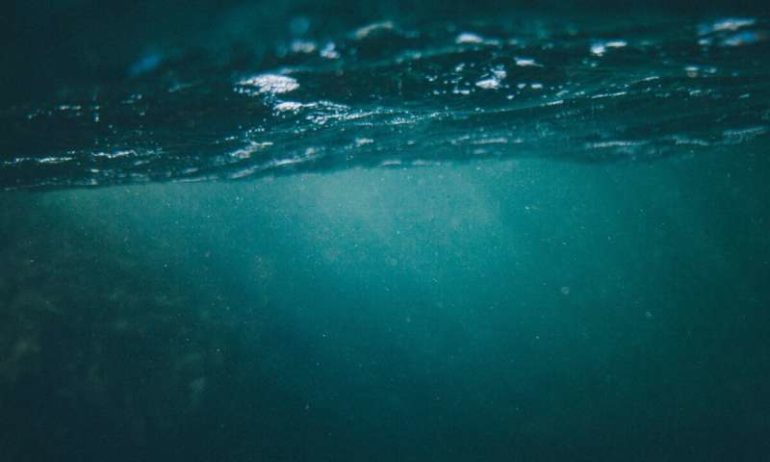A pair of environmental scientists are warning that the worldwide population could be facing another health crisis—ailments that impact people due to ingestion of microplastics. In their Perspectives piece published in the journal Science, A. Dick Vethaak, with Vrije Universiteit Amsterdam and Juliette Legler, with Utrecht University, note that the effects of ingesting microplastics on the human body are unknown.
As the authors state, prior studies have shown that microplastics have made their way to virtually every part of the planet. As an example, one team of researchers recently found that over 1,000 tons of microplastics fall on national parks in the U.S. every year. As a result, organisms have been ingesting them—either by breathing them in or by swallowing them in foods or water. The list of creatures ingesting plastics includes human beings, of course, but no one knows what the effects are.
Notably, the scant research to date might not have been done correctly—a group of researchers recently found that environmental microplastics are more internalized than pristine microplastics, into macrophages, a finding that suggests that future work looking at the impact of microplastics is required under real-world conditions with microplastics found in the environment—not new plastics tested in the lab.
The authors also point out that prior research has shown that different kinds of pollution have different kinds of impacts on plants and animals—many of these impacts pose a considerable risk to human health. But such findings have only come to be known because scientists did the research. Sadly, they note, the same degree of effort has not yet been focused on possible health effects of microplastics. They point out that not only do medical scientists not know what microplastics might be doing to people around the world, they do not even know how much of the microplastics wind up in human bodies.
The researchers further comment that determining the possible health risks of microplastics could be more difficult than for other pollutants because of the different types of plastics involved and the size of the particles that can wind up in different parts of the body. They conclude that due to the amount of microplastics in the environment, it is crucial that scientists begin to study their impacts on humans.
Microplastics in groundwater (and our drinking water) present unknown risk
More information:
A. Dick Vethaak et al. Microplastics and human health, Science (2021). DOI: 10.1126/science.abe5041
2021 Science X Network
Citation:
Environmental scientists cite need for studies looking into impact of microplastics (2021, February 12)
retrieved 13 February 2021
from https://phys.org/news/2021-02-environmental-scientists-cite-impact-microplastics.html
This document is subject to copyright. Apart from any fair dealing for the purpose of private study or research, no
part may be reproduced without the written permission. The content is provided for information purposes only.



